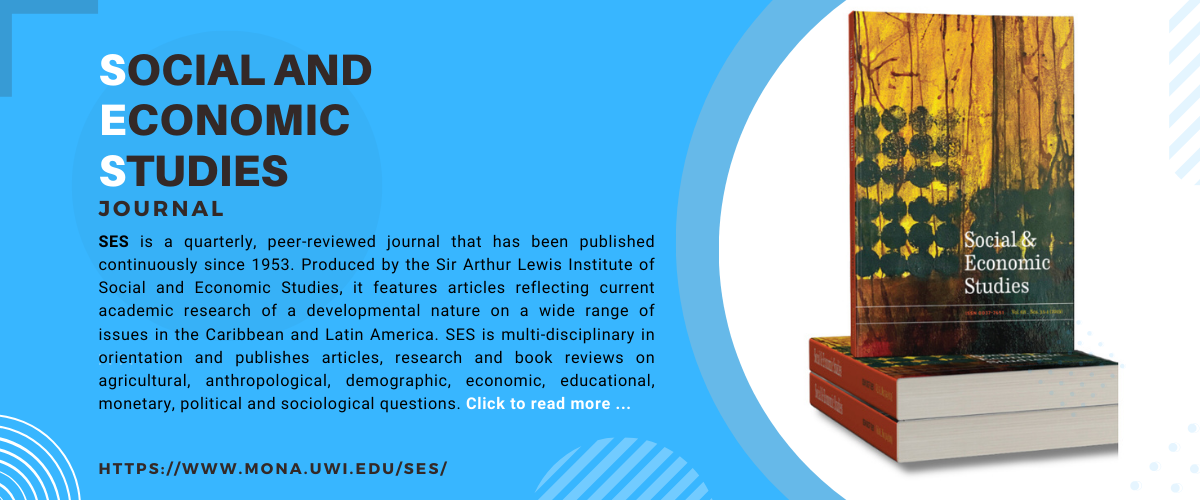Techniques of Applied Social Statistical Analysis
This course is primarily geared toward enhancing students’ abilities to use and interpret statistical data in social research and decision-making contexts based upon their engagement with elementary and intermediate-level statistical techniques. Students will be exposed to elements of descriptive and inferential statistics in the context of questions and problems that emerge in applied social settings and policy-relevant studies.






